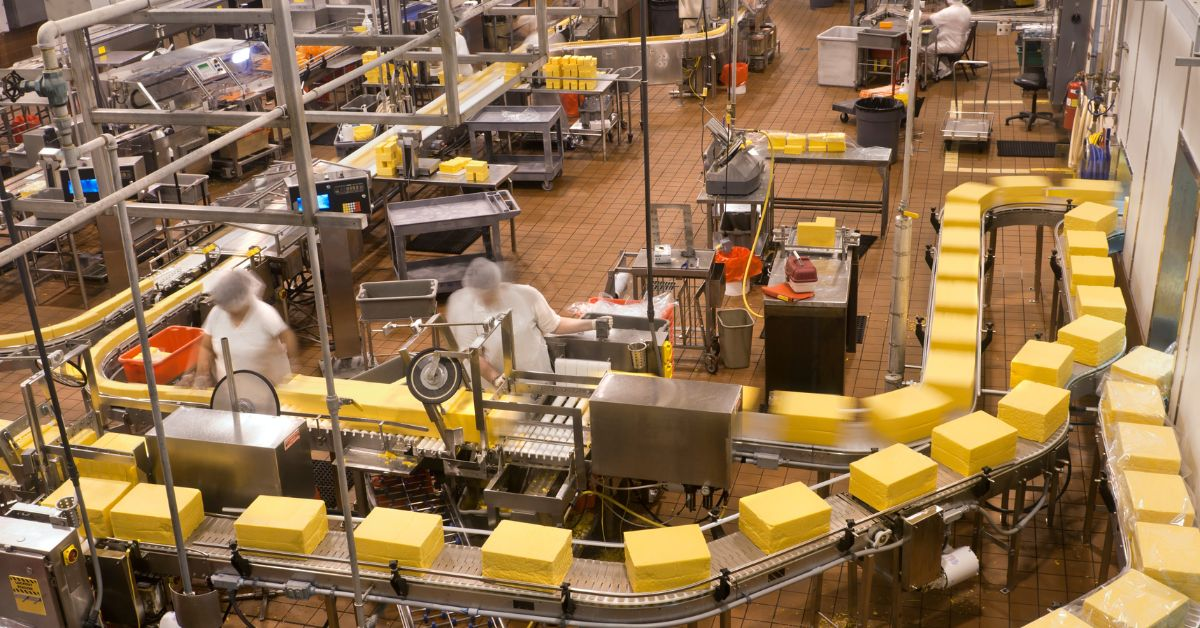
Middle and smaller food manufacturers face ongoing challenges in keeping teams engaged with food safety training. Regulations are clear, but compliance depends on people. A strong way to close the gap is to turn your best food safety champions into peer trainers. By developing internal leaders, your company strengthens its food safety culture and ensures FSMA compliance.
Why Food Safety Champions Matter
Every facility has employees who take food safety seriously. They remind others about handwashing, double-check allergen labels, and notice small details before they become big problems. These employees are natural leaders. When they receive proper training, they can share their knowledge with coworkers in a way that feels practical and relatable.
Instead of relying only on outside voices, peer trainers bring learning inside the plant. Their presence helps keep food safety at the forefront of the production floor.
The Role of PCQI Training
The FDA requires that every food facility have at least one Preventive Controls Qualified Individual (PCQI). The PCQI is responsible for developing and overseeing the facility’s food safety plan. While one PCQI is the minimum, companies benefit from having multiple trained individuals.
Employees who complete PCQI training online become valuable resources for peer-to-peer training and education. They can lead refresher discussions, explain why certain controls matter, and model compliance behaviors. A certified PCQI can also mentor others who are preparing for their own training.
Benefits of Peer Trainers
When you equip your food safety champions with PCQI online training, your business gains advantages:
- Better engagement: Employees often respond more openly to coworkers who face the same daily challenges.
- Continuous improvement: Peer trainers reinforce lessons between formal training sessions.
- Shared responsibility: Food safety becomes part of everyone’s role, not just the quality department.
- Prepared backup: If one PCQI is unavailable, another trained employee can step in with confidence.
- Encourage critical thinking: PCQI trained leaders model and motivate coworkers to ask important questions that lead to preventive actions
How to Build Peer Trainers
Identify champions. Look for employees who consistently follow procedures, ask smart questions, and encourage others.
Provide training. Enroll them in recognized courses like ImEPIK®’s 100% online PCQI certification. Training is available in English and Spanish. It meets FDA’s FSMA requirements and is aligned with Health Canada’s Safe Food for Canadians (SFCR) and CFIA standards along with acceptance as part of BRCGS Certification training for GFSI recognition.
Offer leadership support. Give peer trainers opportunities to share updates in team meetings or walk the floor with supervisors.
Recognize their role. Acknowledge their contributions to a strong food safety culture and highlight their leadership in maintaining compliance.
Long-Term Impact
Peer trainers help keep knowledge alive after formal training sessions end. They build stronger habits and create a workplace where food safety feels like a team effort. Over time, this approach reduces mistakes, strengthens audit performance, and supports customer trust.
Conclusion
Food safety champions are already in your facility. With the right training, they can become powerful peer trainers who strengthen compliance and culture. ImEPIK® offers PCQI online training that equips employees to take on this important role.
Take the Next Step
Explore ImEPIK®’s PCQI online courses today and give your food safety champions the tools to lead.







